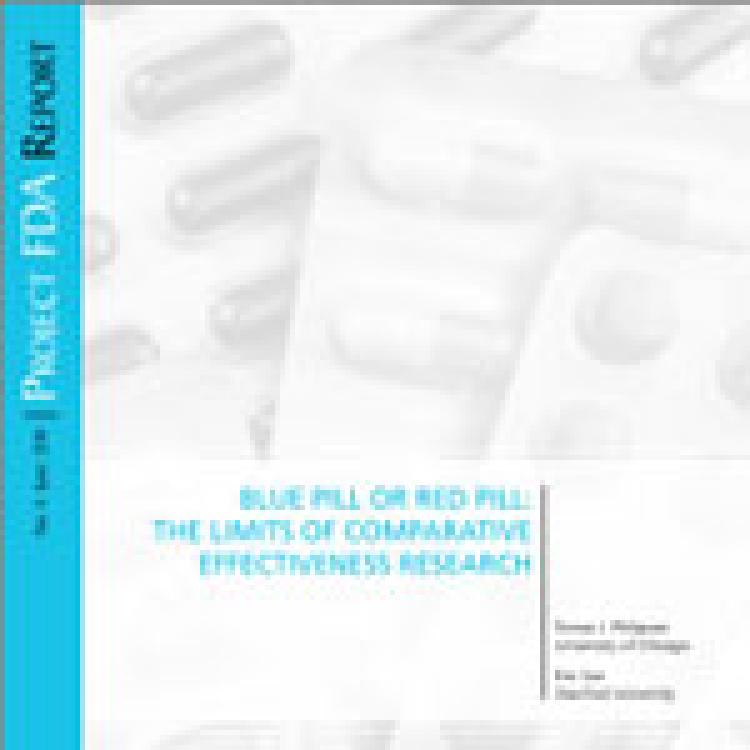Comparative effectiveness research (CER) has been heralded as a way to reduce health-care costs by determining which treatments provide the most benefit for the largest number of patients. This report warns that by choosing "winners and losers," CER drug trials may leave patients who best respond to the "losing" drug without coverage. The report, conducted by researchers Tomas Philipson and Eric Sun of the Manhattan Institute's Project FDA, examines a CER trial for antipsychotic drugs in the Medicaid program and finds that applying restrictive reimbursement for "losing" drugs could actually reduce patient health and increase health-care costs. By limiting coverage for more expensive drugs that benefit patients outside the average, the authors find that worsened patient health would increase health-care costs by $1.3 billion, outweighing the Medicaid savings. Dr. Philipson authored a related paper on this topic, "The Impact of Comparative Effectiveness Research on Health and Health Care Spending," that was published in the Journal of Health Economics website.
Read the full paper.
